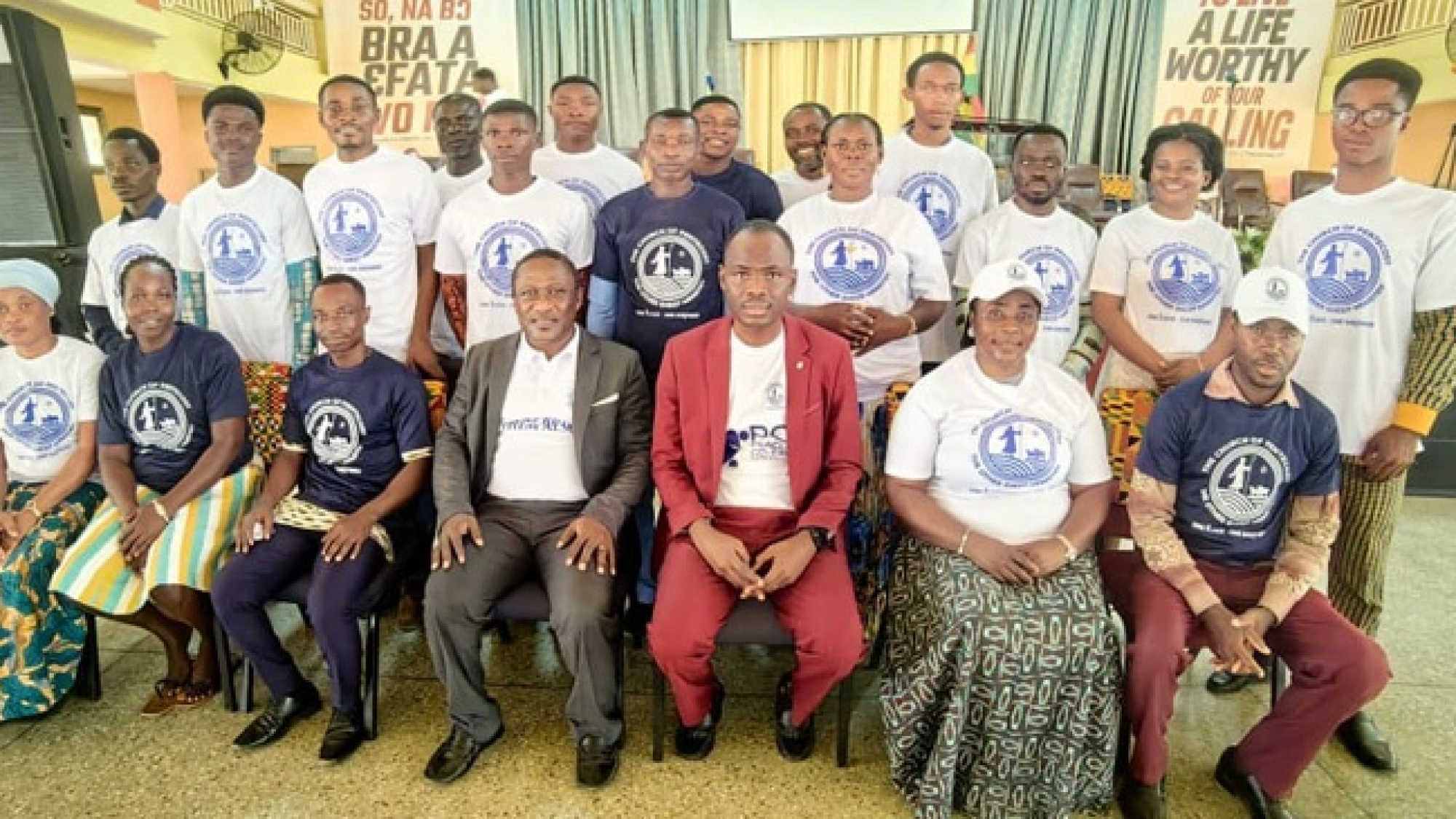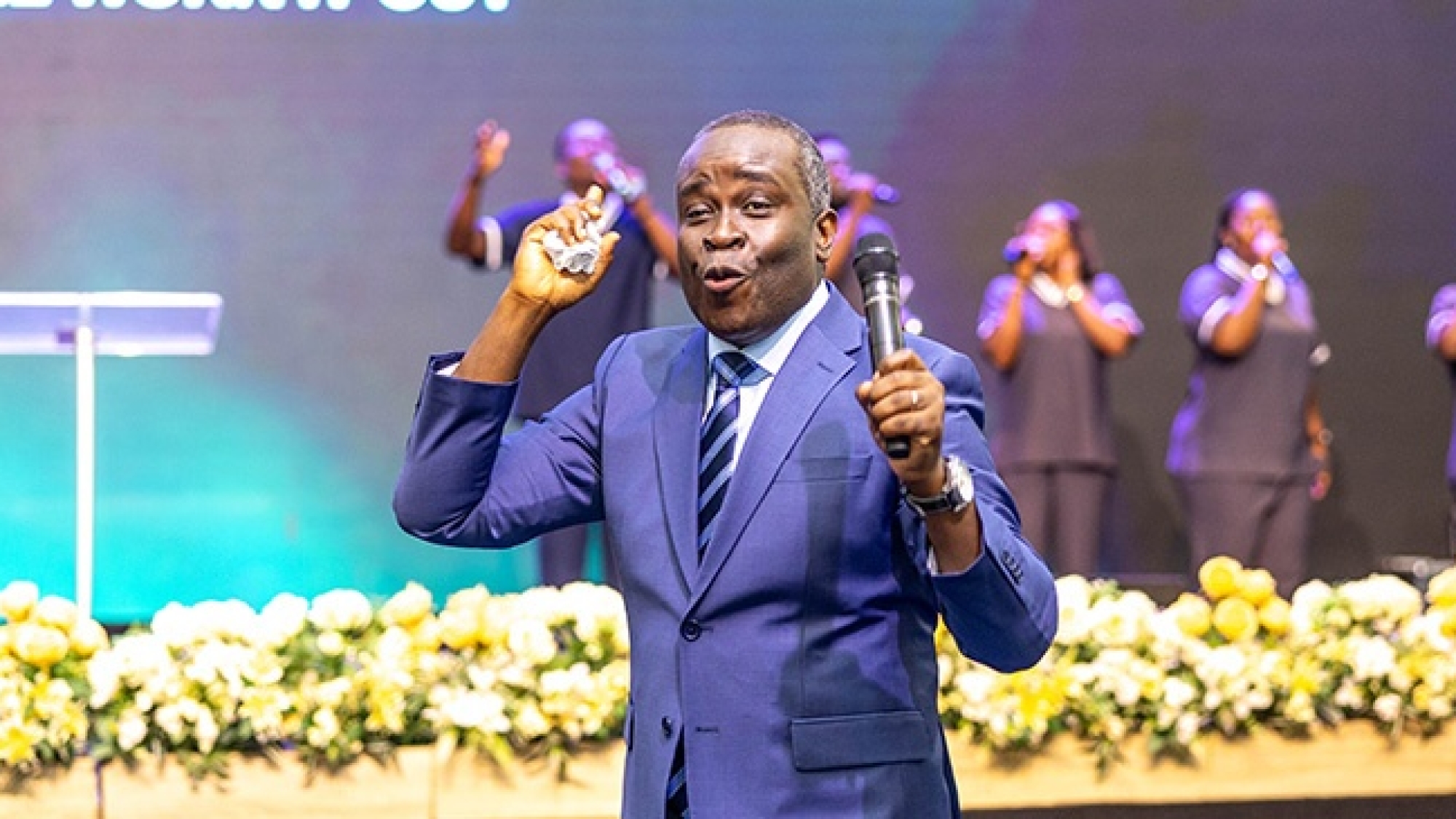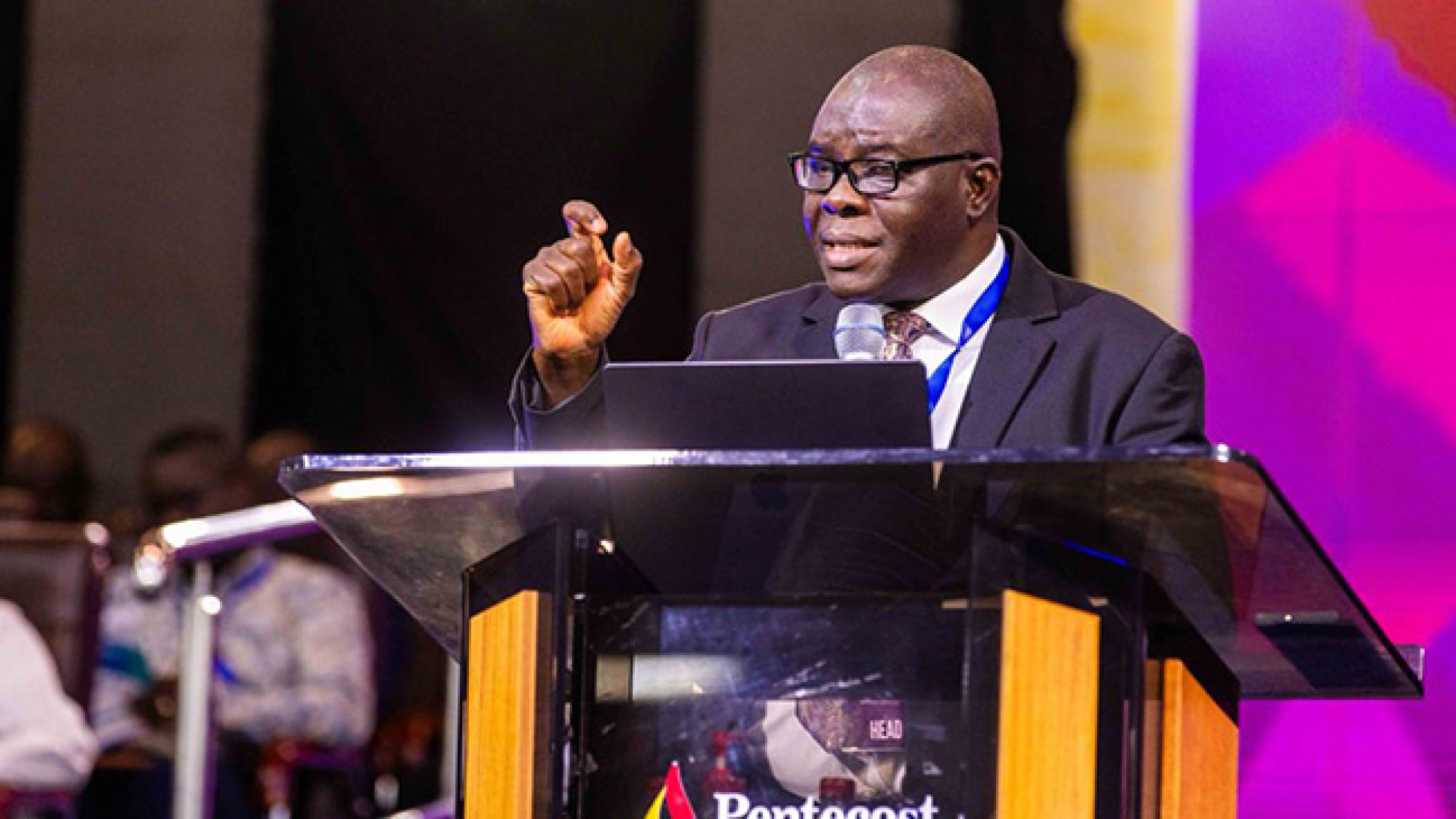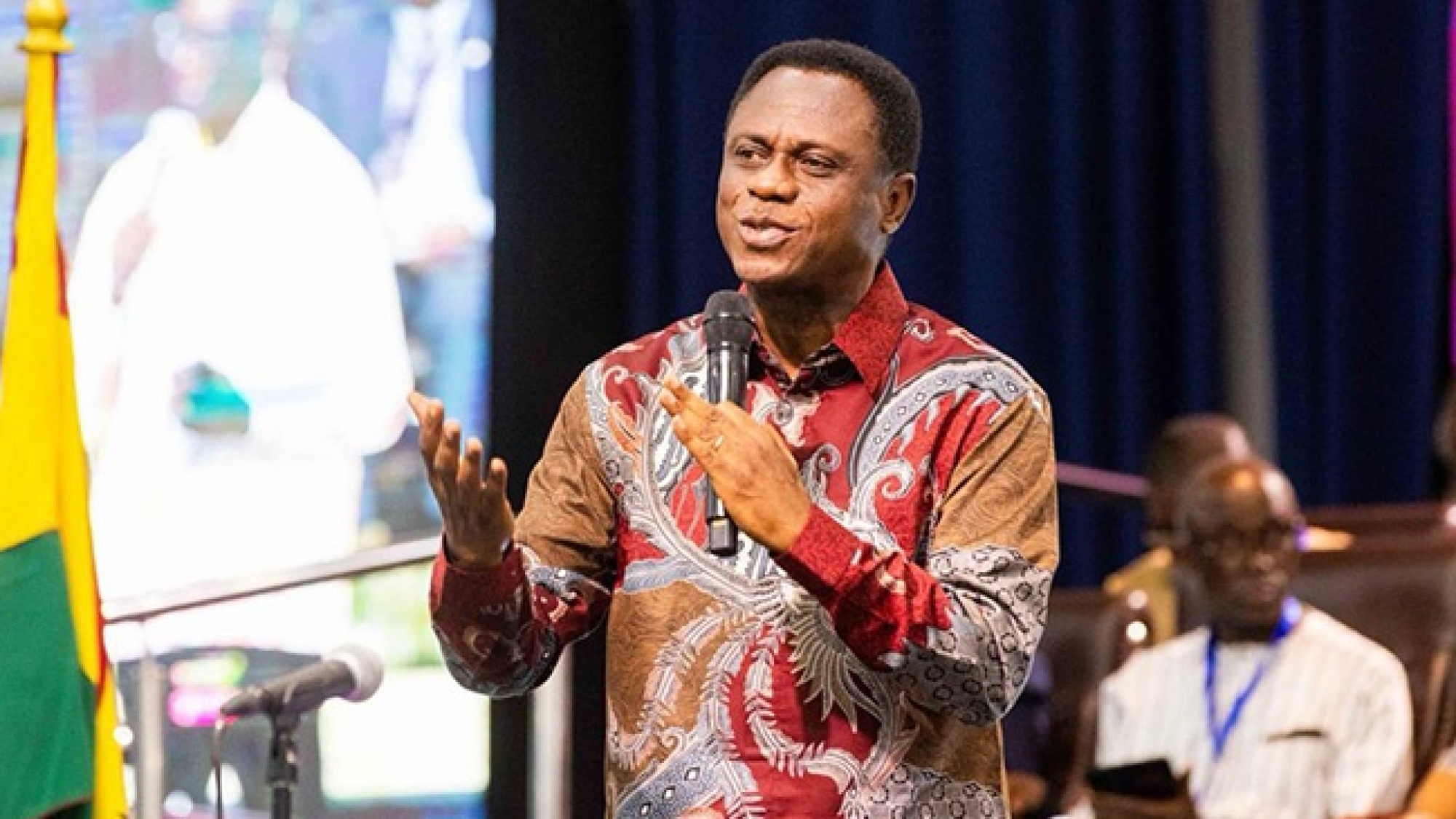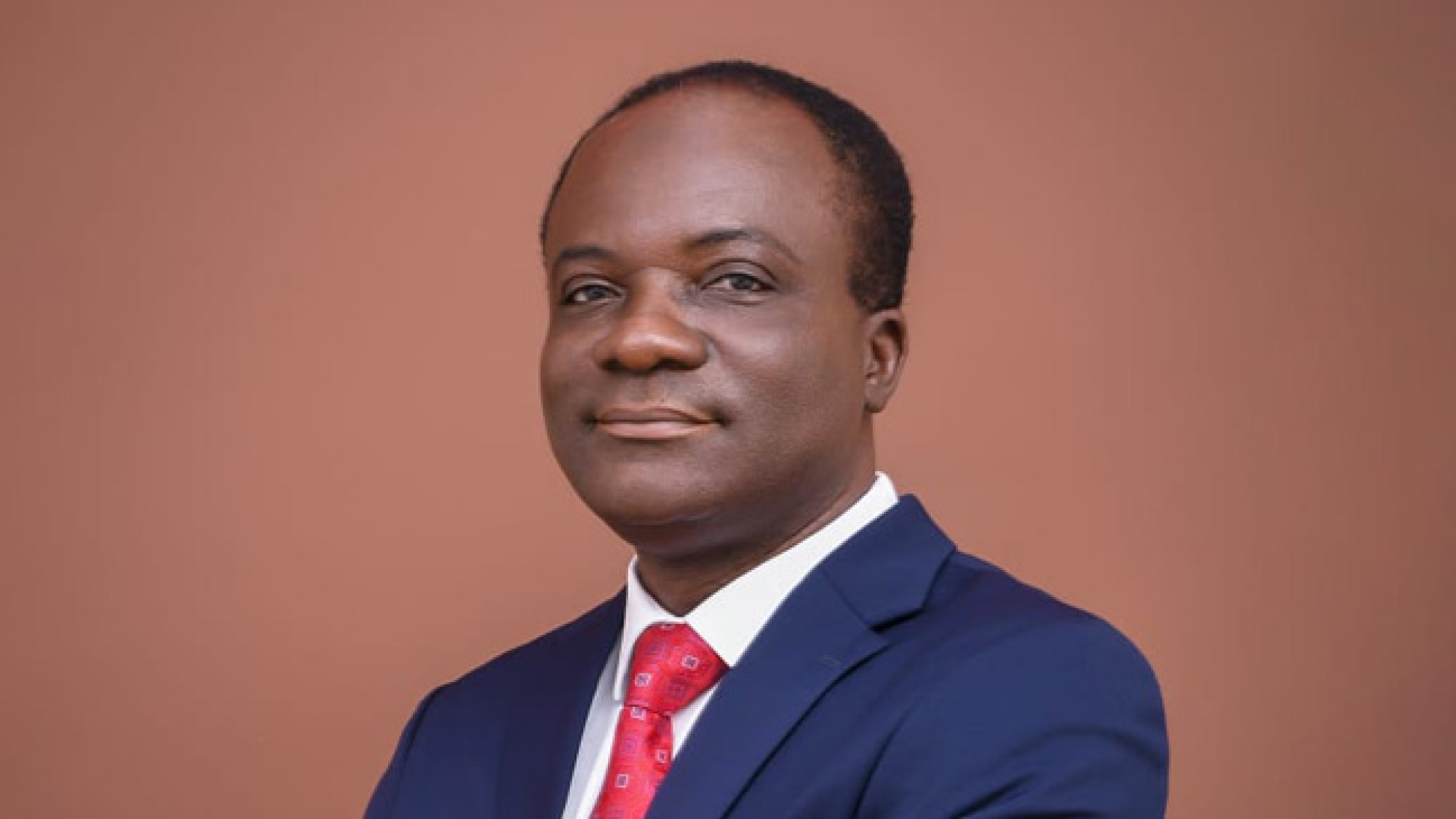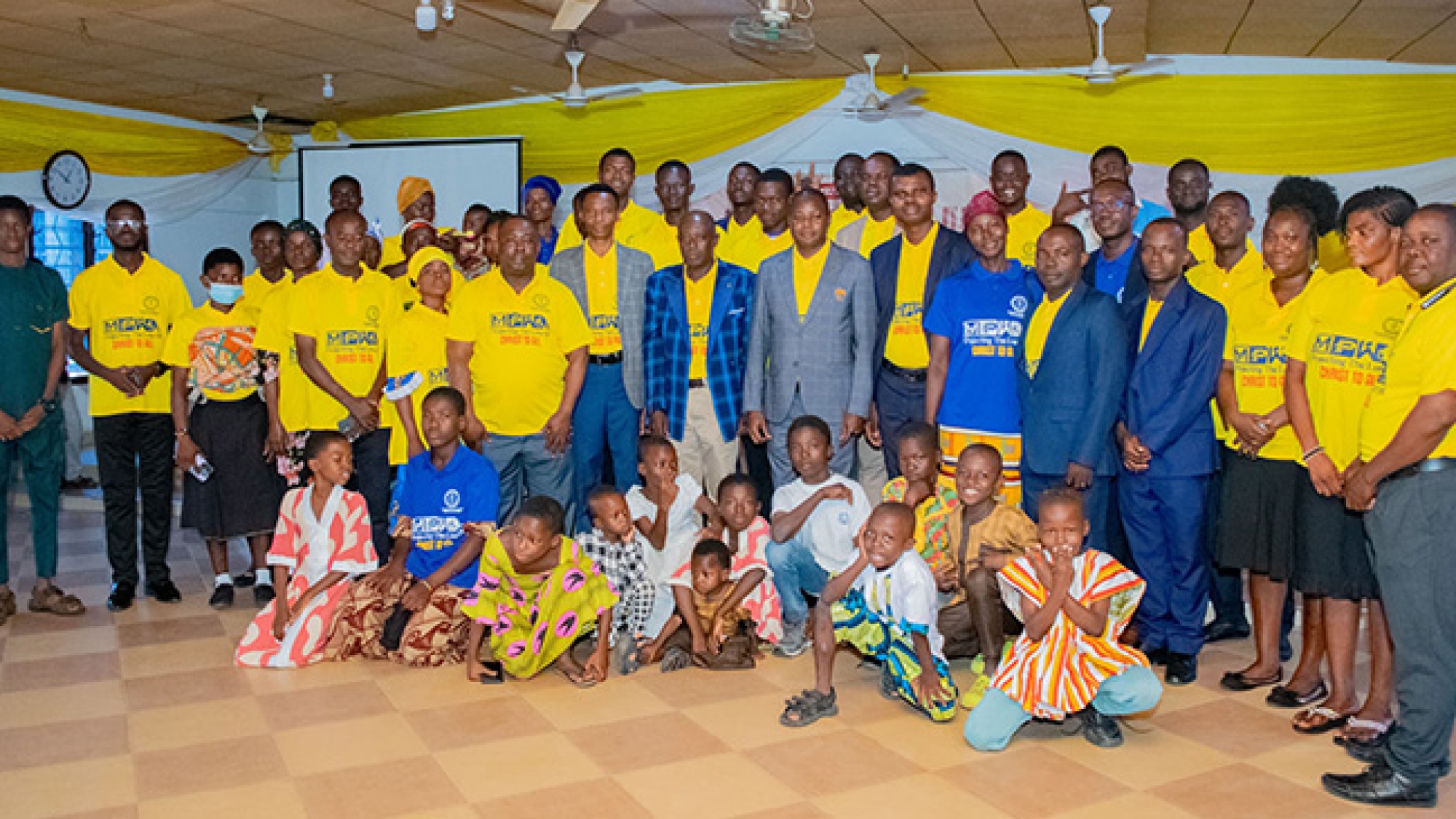INTRODUCTION
In today’s fast-paced world, many churches struggle with evangelism, discipleship, and sustainable growth. Traditional models often require significant financial investments in buildings and programs, yet many still face challenges in retaining new believers and expanding their reach.
But what if there was a proven, biblical strategy that could overcome these obstacles—one that fosters deep discipleship, ensures high retention rates, and multiplies churches without the burden of massive costs?
The answer lies in the ‘Home Church Concept, ‘ a return to the early church’s organic, relational, and highly effective model.
THE BIBLICAL FOUNDATION OF HOME CHURCHES
The home church concept is not a modern innovation but a revival of the New Testament approach to worship and discipleship. Scripture provides a clear blueprint:
The Early Church Met in Homes– The first Christians gathered in houses (Acts 2:46, Romans 16:5, 1 Corinthians 16:19, Colossians 4:15). These intimate settings fostered deep fellowship, accountability, and rapid multiplication.
Relational Discipleship – Jesus invested deeply in a small group (the Twelve) before expanding His ministry. Home churches replicate this model, ensuring new believers are nurtured, not just numbered.
Cost-Effective Expansion – Without the need for expensive buildings, early Christianity spread rapidly across regions (Acts 8:4, 13:1-3).
WHY MODERN CHURCHES NEED THE HOME CHURCH MODEL
1. Effective Soul Winning & Discipleship
Many churches struggle to move beyond occasional evangelism to consistent discipleship. Home churches create an environment where new believers are immediately integrated into a spiritual family, reducing dropout rates.
2. Near 100% Retention of New Converts
Traditional churches often lose members shortly after baptism due to a lack of follow-up. Home churches provide ongoing mentorship, ensuring converts grow in faith and remain active.
3. Rapid Multiplication Without Financial Strain
Planting churches in homes eliminates the need for costly land and buildings. This allows for exponential growth, even in unreached or under-resourced areas.
4. Empowering Lay Leaders
Home churches naturally raise leaders within the community, as members take ownership of the ministry rather than relying solely on a central pastor.
5. Cultural Adaptability
Whether in urban apartments, rural villages, or persecuted regions, home churches thrive where traditional structures cannot.
PROVEN RESULTS: THE HOME CHURCH IN ACTION
The effectiveness of this model is not just theoretical—it’s producing remarkable results worldwide. For example: Berekum Area Church of Pentecost (Ghana):2021, won 11,571 souls, baptized 8,350 in water, planted 82 local Assemblies, and established 350 home churches.
Amrahia Area began the Home church concept just about six months ago, and at the end of the half-year, July 2025, I33 Home churches had been established with a total number of 996 members in fellowship, and six local Assemblies had been opened.
While the Berekum and Amrahia Church of Pentecost in Ghana offers a compelling example of large-scale, overt home church multiplication in a largely receptive context, it’s equally important to examine how the home church model thrives in more secularized environments.
“Hope Germany” (Hoffnung Deutschland), a network of house churches in Germany, provides an excellent illustration of successful, organic growth in a post-Christian landscape.
However, reports indicate significant, sustained growth:
Over 1,000 New Communities: According to reports, Hoffnung Deutschland planted an estimated 1,000 new communities in about 20 years. This is a remarkable achievement in a highly secularized European nation where traditional church attendance is declining.
Hope Germany stands as a compelling example of how the home church concept can flourish in challenging environments, quietly yet powerfully transforming lives and multiplying communities of faith through authentic relationships and a simple, reproducible model.
This growth demonstrates the power of the home church concept when it’s well implemented.
HOW TO START A HOME CHURCH
Implementing a home church strategy involves a shift in mindset and a practical approach to building community and discipleship.
1. Vision Casting and Training:
Communicate the “Why”: Clearly articulate the biblical basis and the benefits of the home church model (discipleship, retention, multiplication, affordability). Emphasize how it aligns with the Great Commission.
Offer Comprehensive Training: Provide a “Home Church: Biblical Strategies for Church Planting” course (or similar training) to equip leaders and members. This should cover:
- Theological foundations of home church systems.
- Historical perspectives on house churches.
- Practical skills for initiating and nurturing home-based congregations.
- Relational discipleship principles.
- Community engagement strategies.
- Emphasize Simplicity and Practicality: Ensure the training and resources are easy to understand and apply, even for those without formal theological backgrounds.
2. Identifying and Empowering Leaders:
- Prayerful Selection: Seek God’s guidance in identifying individuals with a passion for discipleship and a heart for community. These should be individuals who demonstrate spiritual maturity, commitment to scripture, and a prayerful life.
- Train Lay Leaders: The home church model thrives on lay leadership. Invest heavily in training these leaders to spearhead discipleship, facilitate gatherings, and provide pastoral care within their small groups.
- Ongoing Mentorship and Support: Leaders need continuous encouragement, guidance, and opportunities to learn from more experienced mentors. Establish a system for regular check-ins and support.
3. Starting the Home Churches:
- Begin with Relationships: Encourage existing church members to identify friends, family, and neighbors they can invite into a home setting. The initial focus is on building genuine relationships.
- Keep it Simple: The first gatherings should be informal and welcoming. Think of it as inviting family or friends over. The emphasis is on community, sharing, and simple worship.
- Flexible Structure: While there should be a core vision, allow each home church to develop its unique rhythm and expression within biblical principles. This can include:
- Worship: Simple singing, prayer, and sharing.
- Bible Study/Discussion: Interactively engaging with scripture.
- Fellowship: Sharing meals, spending time together, and supporting one another.
- Outreach: Identifying and serving needs within their local community.
- Proximity-Based Grouping: Utilize a database or a simple map to group people by their geographical proximity. This makes it easier for people to attend and fosters a sense of local community.
4. Discipleship and Retention:
- Relational Discipleship: The home church setting facilitates deep, authentic relationships, which are crucial for effective discipleship. Leaders can provide personalized guidance and support.
- Integration of New Converts: Actively welcome and integrate new believers into the home church family. The intimate setting helps them feel a sense of belonging and minimizes the chances of them drifting away.
- Addressing Needs: The smaller size allows for more immediate attention to the spiritual and practical needs of individual members, fostering strong bonds and commitment.
5. Multiplication and Expansion:
- Organic Growth: As a home church grows, the natural progression is to multiply. When a group becomes too large to maintain intimacy (e.g., 10-15 people), prayerfully identify new leaders from within the group and prepare to “split” into two new home churches.
- Empowerment for Church Planting: The ultimate goal is to equip and empower members to start new home churches, effectively saturating communities with the gospel without requiring large financial investments in physical buildings.
- Regular Celebrations: Organize periodic larger gatherings (e.g., once a month or quarterly) where multiple home churches can come together for corporate worship, teaching, and celebration. This reinforces the broader church identity and encourages connection.
- Document and Share Successes: Highlight inspiring stories of growth and transformation within the home churches. This encourages others and builds momentum.
6. Overcoming Challenges:
- Leadership Development: Continuously invest in raising new leaders, as a lack of leadership can hinder multiplication.
- Conflict Resolution: Equip leaders with skills to address conflicts biblically and quickly within the intimate setting.
- Maintaining Vision: Regularly reinforce the core vision of the home church movement to keep everyone aligned and motivated.
By following these steps, ministries can effectively implement the home church strategy, fostering authentic community, deep discipleship, and rapid church multiplication.
A GLOBAL SOLUTION FOR THE GREAT COMMISSION
The landscape of modern evangelism and church growth often presents significant challenges. Many church leaders grapple with effectively winning and discipling souls, retaining new converts, and expanding their reach without substantial financial resources. What if there were a strategy, deeply rooted in biblical principles, that offered a solution to these common hurdles?
Written by Apostle Samuel Berko (Amrahia Area Head)





